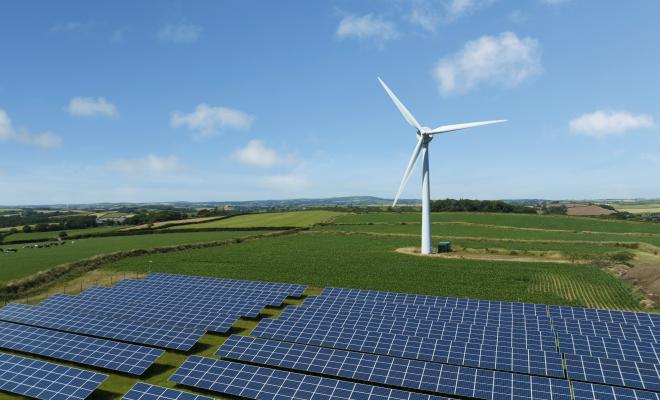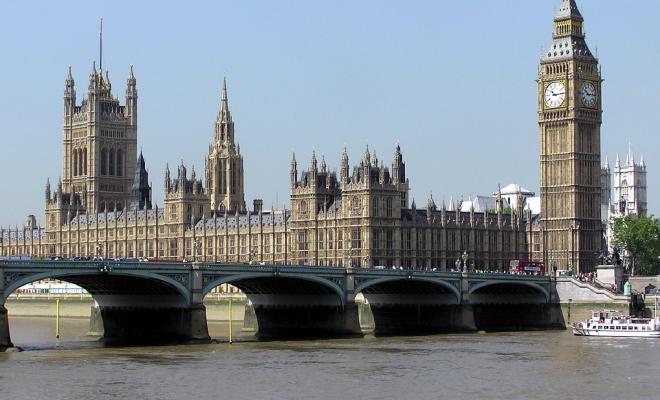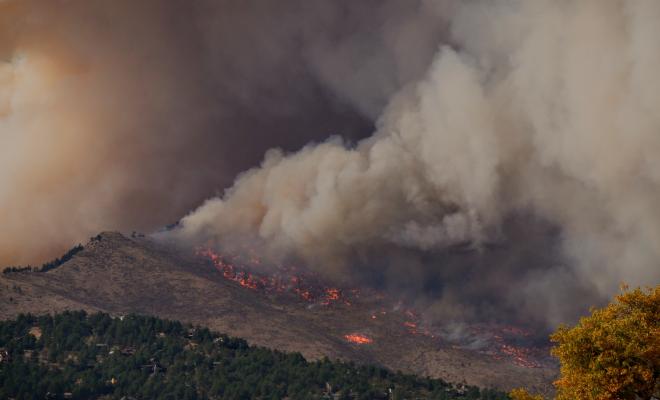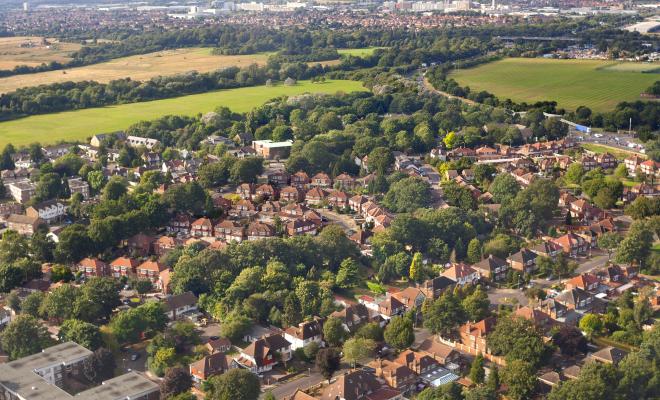Our work
Using robust research, our Policy and Insight Team investigates the biggest challenges facing people and the planet – providing in-depth commentary on the causes, effects and solutions.
From analysing how the Budget exacerbates the climate emergency, to exploring ways to reduce pesticide use, our aim is to influence policy-makers and help drive change.
In focus
09 Apr 2024
New analysis shows England has the space to become a green energy superpower. Find out how much and where new onshore wind and solar energy could be generated.
23 Feb 2024External link
The UK has a cold homes crisis. Learn about the hidden health and social costs of cold homes and download the new report by the Institute of Health Equity.
07 Nov 2023
We're demanding urgent climate and nature action from all political parties. Find out what we're calling for them to commit to in their election manifestos.
28 Nov 2023
New research shows that, while London has been spared, bus services have been slashed throughout the rest of the country. Find out who’s worst impacted.
08 Dec 2022
Narrowing down our recent identification of 9,000 energy crisis hotspots, we’ve now identified 1,000 of the coldest neighbourhoods in England and Wales. Find out how we did this, who lives there and what the solutions are.
Mike Childs07 Jul 2023
Mike Childs, Head of Science, Policy and Research, explains the Climate Change Committee’s 2023 report and why we're challenging UK carbon reduction plans.
02 Mar 2023
In partnership with Terra Sulis, we've produced the most accurate mapping of tree cover in England, including lone and street trees. Read about our key findings, the tree cover rankings by local authority and neighbourhood, and the methodology used.









